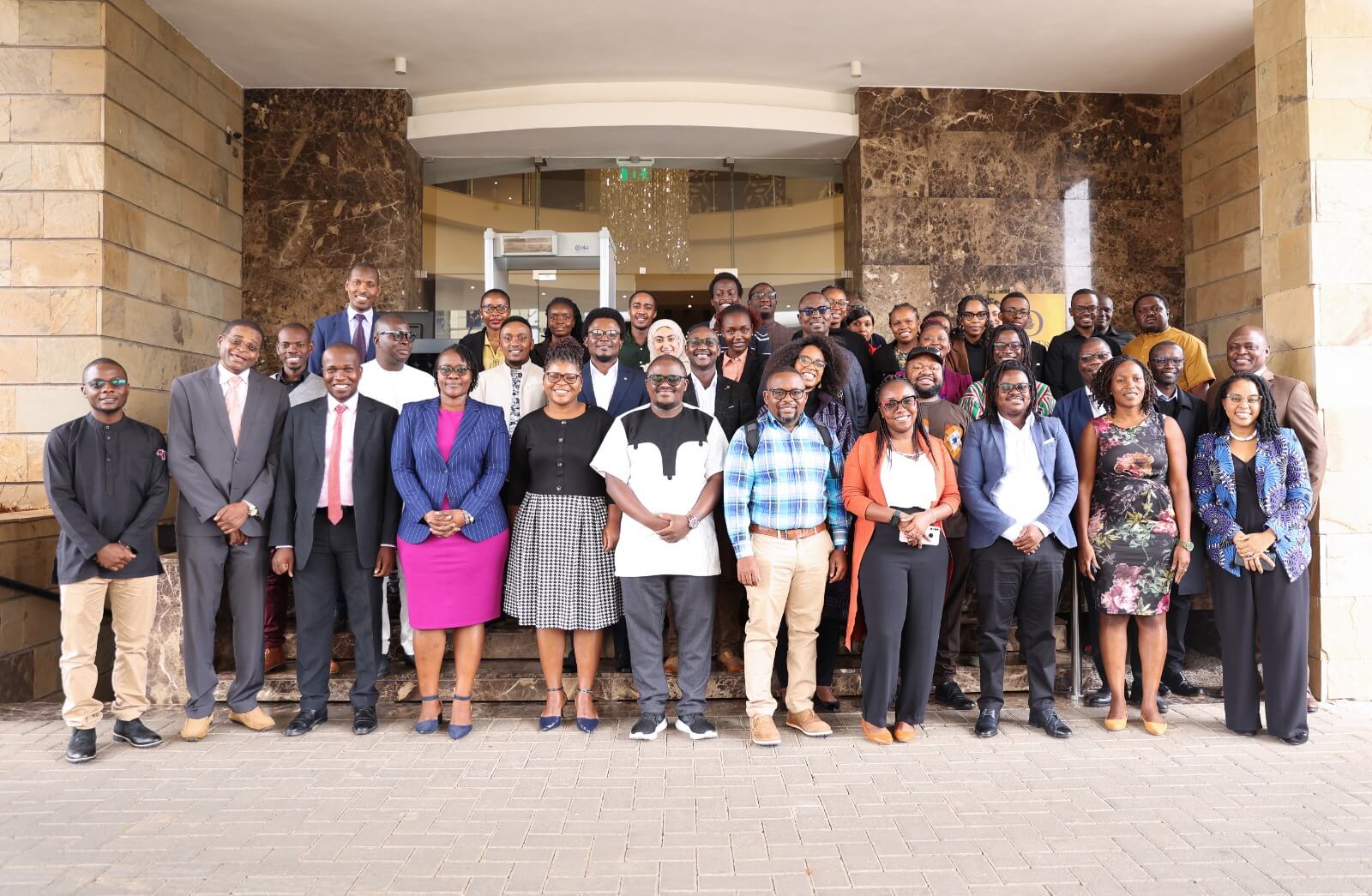Date

Nairobi, Kenya - Tax Justice Network Africa’s (TJNA) policy tracker tool took a significant step towards becoming a reality as representatives from African Union (AU) member states, pan-African institutions, and Civil Society Organisations (CSOs) convened for an in-depth analysis of the tool during a regional validation meeting held in Nairobi, Kenya from September 11th to September 13th, 2023.
This follows a series of validation meetings the tracker tool has undergone to enable key stakeholders and member states to review and provide input. This guarantees the tool aligns with the specific needs of Member States and builds upon existing efforts in combating illicit financial flows (IFFs).
The participants included policymakers from African Union (AU) member states, the United Nations Economic Commission for Africa (UNECA), the African Tax Administration Forum (ATAF), the African Union Commission (AUC), and civil society organisations who participated in different side sessions, to assess the input made into the tracker tool, and gave recommendations and suggestions for additions and takeaways for the tool, to ensure inclusivity and involvement from all stakeholders.
In her opening remarks, TJNA's Executive Director, Chenai Mukumba, mentioned that the policy tracker is a home-grown tool that is meant to help African countries curb IFFs and drive domestic resource mobilisation and the input from the stakeholders present was critical for its successful implementation.
"This meeting validates and speaks to several points we have raised in the previous validation meetings. The political will of the member states present is imperative for the success of the tracker. We look forward to your input."
During the opening session, Mr Thulani Shongwe, ATAF International Tax Manager, mentioned that the tracker tool allows African countries to track and keep efficiency in tax matters and domestic resource mobilisation.
"TJNA's policy tracker tool will empower governments to ensure they are integrating policy measures with the right processes,” he added.
Adding to the need for the policy tracker tool, Allan Mukungu, Senior Economic Affairs Officer at UNECA, emphasised, "Our continent faces a myriad of challenges and opportunities, and having a reliable and up-to-date resource to monitor policy developments is crucial. This tool will enable us to navigate these complexities effectively and make informed decisions to safeguard Africa's economic future."
Dr Patrick Ndzana Olomo, from the African Union, reminded the member states present to look critically at the policy tracker tool and align it before the final adoption. He added that the tool presents an opportunity to align policies, foster collaboration, and chart a data-driven path towards sustainable development.
To ensure the effectiveness of the tracker tool in combatting IFFs, the following recommendations were made: -
- Selecting Pilot Countries: TJNA and AU to identify pilot countries that will spearhead the implementation of the tracker tool, setting the stage for its broader adoption.
- Crafting a Comprehensive Roadmap: TJNA to develop a roadmap to guide the pilot phase, ensuring it unfolds smoothly and effectively.
- Enhancing Accessibility through Translation: To extend the tool's impact and reach, TJNA will translate the tracker into multiple languages, facilitating its accessibility to a wider audience.
As progress unfolds, the updated tool and the pilot country profile report will be presented at the next African Union Specialised Technical Committee (AU STC) meeting.
For further information about the policy tracker, interested parties are encouraged to contact Francis Kairu at fkairu(@)taxjusticeafrica.net